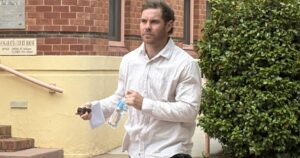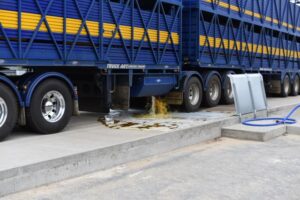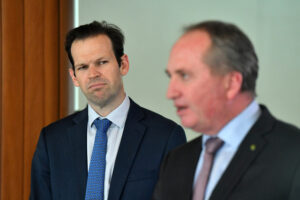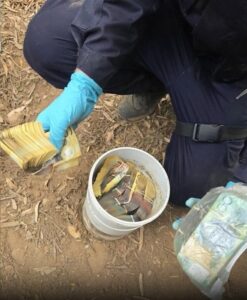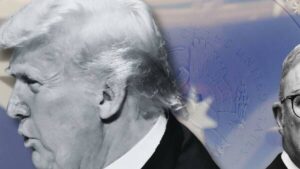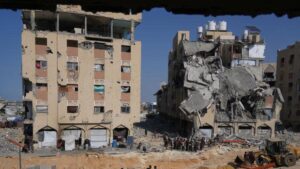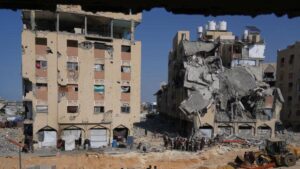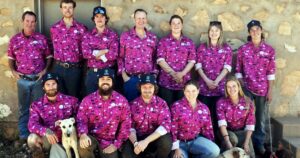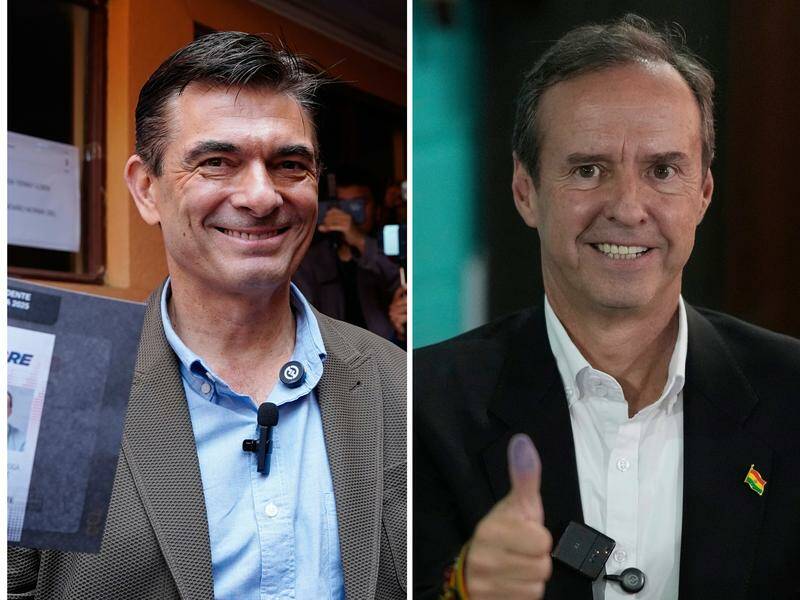
Polls closed in Bolivia on Sunday, marking a significant turning point for the nation as voters awaited the results of a presidential runoff. This election is seen as a crucial rejection of the socialist government that has held power for the past two decades, suggesting a potential foreign policy realignment toward the United States after years of strained relations.
The runoff pits centrist Senator Rodrigo Paz against conservative former president Jorge “Tuto” Quiroga. Both candidates have expressed intentions to strengthen diplomatic ties with Washington, which have been notably cool since 2009. They seek to secure US-backed financial support to stabilize Bolivia’s fragile economy, which has faced significant challenges in recent months. Initial results from the election are expected after 12:00 PM AEDT.
A Shift from Leftist Dominance
The race represents a fundamental shift in Bolivia’s political landscape, following the dominance of the leftist Movement to Socialism party, which was founded by former president Evo Morales and enjoyed the backing of the country’s Indigenous majority. Observers from the Organisation of American States (OAS) reported that the voting process proceeded normally, indicating a stable electoral environment.
The winner of this runoff will assume office on November 8, 2023. For many voters, the candidates evoke memories of the conservative administrations of the 1990s, known for their pro-privatization stance and close ties to the United States. Morales, who served as Bolivia’s first Indigenous leader after taking power in 2006, fostered alliances with nations such as Cuba, Venezuela, and Russia while nationalizing major sectors of the economy, including oil and gas.
According to Glaeldys Gonzalez Calanche, an analyst for the Southern Andes at International Crisis Group, “This election marks a political turning point.” She emphasized that regardless of the outcome, “Bolivia is heading in a new direction.”
Economic Challenges and Policy Proposals
Quiroga has pledged to implement “radical change,” including significant cuts to public spending and the closure or privatization of state-owned companies that are currently operating at a loss. In contrast, Paz advocates for a more gradual approach, aiming to maintain social programs for the poor while encouraging private-sector growth.
Recent opinion polls indicate a competitive race, with Quiroga holding a narrow lead. A September Ipsos survey showed him with 47 percent support, compared to Paz’s 39 percent. Despite this, Paz exceeded expectations in the first round of voting held in August.
In a bid to address the economic crisis, Paz announced plans for an economic cooperation deal valued at $1.5 billion with US officials to ensure fuel supplies. Quiroga, on the other hand, is advocating for a more substantial $12 billion international bailout backed by multilateral lenders.
Bolivia’s economy has faced severe inflation, which has surged to 23 percent since the start of the year. Compounding these difficulties are shortages of fuel and US dollars, which have severely impacted consumer demand. The country’s natural gas exports, once a key driver of economic growth, have sharply declined, straining the value of the boliviano and hampering fuel imports.
As Bolivia navigates this critical juncture, the outcome of the presidential runoff will not only determine the next leader but also set the course for the nation’s domestic policies and international relations in the years to come.
